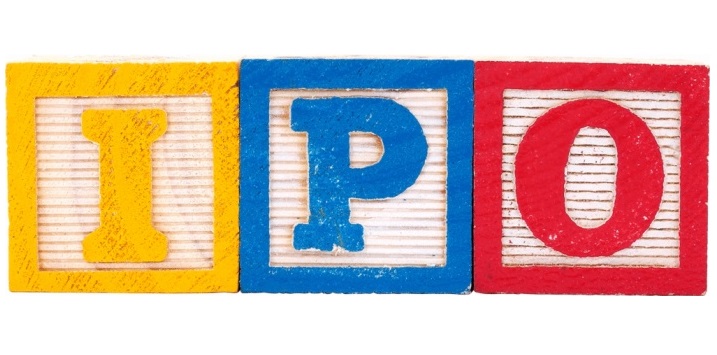Investing
Will Falling Baidu and King IPO Drop Delay or Harm the Alibaba IPO?
Published:
Last Updated:
When Chinese Internet company Alibaba announced it would hold an initial public offering, the betting in markets around the world was that the IPO would be the most valuable ever, with the market cap of the company easily exceeding Facebook’s $104 billion when it went public back in May 2012, maybe reaching as much as $200 billion.
That was then. There is still a lot of talk about records being set. But the drubbing that big momentum stocks have suffered in recent weeks might make some wonder if the IPO might be delayed.
It’s not a sin to delay an IPO, especially if the market for IPOs goes south. Wall Street is paid for getting maximum value for an IPO. If the value shrinks, the bankers or the company may choose to pull the IPO.
Here is why the question is even raised. Shares of King Digital Entertainment PLC (NYSE: KING), developers of the video game Candy Crush Sage, went public Tuesday at $22.50 and fell nearly 16% in the first day of trading on Wednesday. The shares fell an additional 2.7% Thursday to $18.49 and are now off 17.8% from their IPO price.
Investment bankers will spend some time trying to understand what happened — and what it means to Alibaba.
They should look at what’s happening to hot stocks, especially Baidu Inc. (NASDAQ: BIDU), the Chinese search engine. The stock lost nearly 24% of its market value between its intraday high of $189.34 on March 7 to its intraday low of $144.16 on Thursday. And while the stock ended at $151, it is still down about 20% from its peak.
Three more stocks getting hit:
Let us not forget Yahoo! Inc. (NASDAQ: YHOO), which has the most to lose or gain from an Alibaba IPO. Yahoo! shares doubled in 2013. They are down 8% in March and 12% so far this year.
That decline is probably due to the blow off in momentum stocks. But Yahoo! owns 24% of Alibaba, a stake carried on its balance sheet at a value of $807.7 million. That stake is probably worth much more. In January, a Reuters survey of analysts suggested Alibaba is worth $140 billion. That meant Yahoo!’s stake might be worth $33.6 billion. In February, the valuation was trimmed to $128 billion.
Let’s say Alibaba goes public with an indicated market value of $150 billion. Yahoo!’s stake would be worth $36 billion. That is as large as Yahoo!’s total market capitalization. Many analysts say the Alibaba stake IS what generates Yahoo!’s market cap.
Alibaba comes with risks, including a complicated ownership structure, political risks from banking and finance regulators in China and worries about liabilities if goods sold on the site prove to be counterfeit. If other unsavory issues are revealed, the IPO could be delayed — if the stock market sell-off doesn’t get the IPO first.
The last few years made people forget how much banks and CD’s can pay. Meanwhile, interest rates have spiked and many can afford to pay you much more, but most are keeping yields low and hoping you won’t notice.
But there is good news. To win qualified customers, some accounts are paying almost 10x the national average! That’s an incredible way to keep your money safe and earn more at the same time. Our top pick for high yield savings accounts includes other benefits as well. You can earn up to 3.80% with a Checking & Savings Account today Sign up and get up to $300 with direct deposit. No account fees. FDIC Insured.
Click here to see how much more you could be earning on your savings today. It takes just a few minutes to open an account to make your money work for you.
Thank you for reading! Have some feedback for us?
Contact the 24/7 Wall St. editorial team.